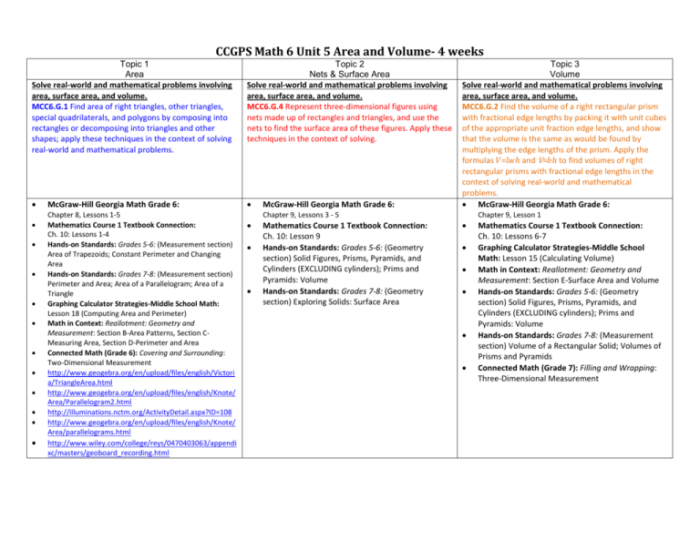The concept development practice page 37-1 answers offer a comprehensive guide to the fundamental principles, processes, and best practices of concept development. This guide provides a step-by-step approach to understanding the importance of target audience research, brainstorming and ideation, and evaluating and refining concepts.
With real-world examples and case studies, this resource empowers readers to develop innovative and effective concepts that drive successful outcomes.
Delving into the intricacies of concept development, this guide explores the role of key stakeholders, criteria for concept evaluation and selection, and the challenges and opportunities in this dynamic field. By emphasizing continuous improvement, it equips readers with the knowledge and skills to navigate the ever-evolving landscape of concept development and achieve exceptional results.
Understanding Concept Development
Concept development is the foundation of innovation and product development. It involves generating, evaluating, and refining ideas to create concepts that meet the needs of a target audience. This process requires a deep understanding of the fundamental principles of concept development.
Effective concept development practices include thorough target audience research to identify their needs, motivations, and preferences. This research can involve surveys, interviews, focus groups, and observational studies. Additionally, a clear understanding of the competitive landscape is essential to identify opportunities and differentiate concepts.
Exploring the Concept Development Process: Concept Development Practice Page 37-1 Answers
Brainstorming and Ideation
Brainstorming is a collaborative process where team members generate ideas freely. Ideation techniques such as mind mapping, lateral thinking, and SCAMPER can stimulate creativity and generate diverse concepts.
Concept Evaluation and Refinement
Once ideas have been generated, they are evaluated based on criteria such as relevance to target audience, feasibility, and potential impact. Concepts are then refined and iterated upon to improve their effectiveness and appeal.
Creating a Concept Development Plan

A comprehensive concept development plan Artikels the process, timelines, resources, and deliverables. It identifies key stakeholders and their roles, establishes criteria for concept evaluation and selection, and ensures that the process is aligned with overall business objectives.
Implementing and Managing Concept Development

Best Practices, Concept development practice page 37-1 answers
Effective concept development practices include customer involvement, continuous feedback, and a focus on creating concepts that are both innovative and practical. Regular reviews and adjustments are essential to ensure the concept remains relevant and aligned with market needs.
Challenges and Opportunities
Concept development can be challenging due to factors such as limited resources, time constraints, and market uncertainty. However, these challenges also present opportunities for innovation and differentiation.
Continuous Improvement
Continuous improvement is crucial in concept development. Regular evaluation, feedback, and iteration allow concepts to evolve and adapt to changing market conditions and customer preferences.
Clarifying Questions
What are the key principles of concept development?
Concept development involves understanding target audience needs, generating creative ideas, and evaluating and refining concepts to ensure their effectiveness.
How can target audience research inform concept development?
Target audience research provides insights into their demographics, psychographics, and motivations, enabling the development of concepts that align with their specific needs and desires.
What is the role of brainstorming and ideation in concept development?
Brainstorming and ideation generate a wide range of creative concepts that can be further developed and refined through evaluation and feedback.